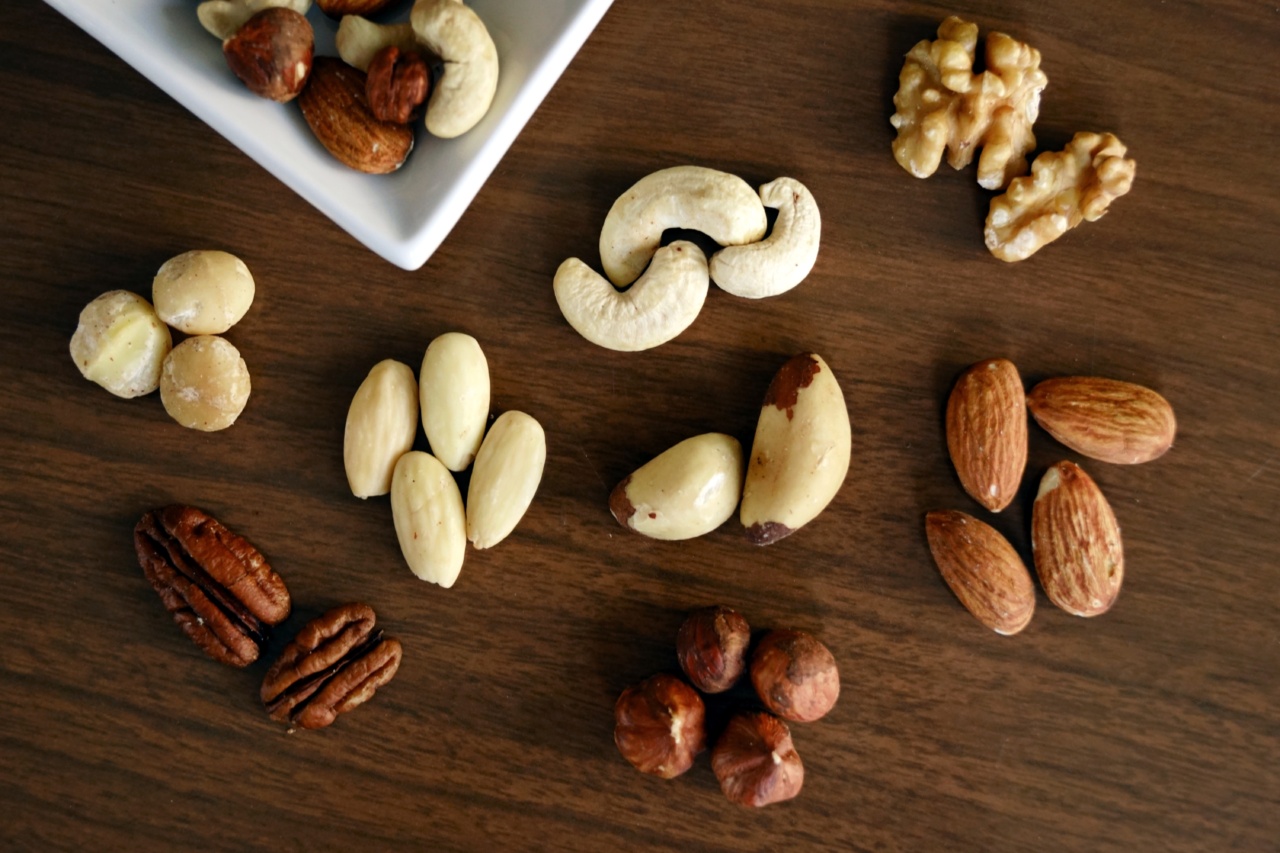Dry mouth, also known as xerostomia, is a common condition that occurs when there is a decrease in the quantity and quality of the saliva in the mouth. Saliva is important to maintain a healthy environment in the mouth and to promote proper digestion.
A lack of saliva can lead to a host of oral health problems and impact overall well-being. In this article, we will look at the ways in which dry mouth affects your health and provide solutions to combat this condition.
What Causes Dry Mouth?
Dry mouth can be caused by a variety of factors. Some of the most common causes include:.
- Side effects of medication
- Dehydration
- Autoimmune diseases
- Nerve damage
- Chemotherapy and radiation treatments
- Smoking and alcohol consumption
The Impact of Dry Mouth on Oral Health
Dry mouth can lead to a host of oral health problems. Saliva is essential in maintaining a healthy environment in the mouth. When there is a lack of saliva, harmful bacteria can thrive, leading to tooth decay, gum disease, and bad breath.
Additionally, the lack of saliva can make it difficult to swallow and speak, leading to discomfort and even pain.
Impact of Dry Mouth on General Health
Dry mouth not only affects oral health but also has an impact on overall well-being. When there is a decrease in saliva production, it can make it more difficult to digest food properly. This can lead to nutritional deficiencies and other health problems.
Additionally, dry mouth can lead to sleeping problems due to the discomfort and inability to breathe properly through the mouth at night.
Tips for Treating Dry Mouth
If you are experiencing dry mouth, there are several steps you can take to alleviate the symptoms. Some of the most effective methods include:.
- Staying hydrated by drinking plenty of water and avoiding caffeine and alcohol
- Sucking on sugar-free candy or chewing gum to stimulate salivary flow
- Maintaining good oral hygiene practices, including brushing and flossing regularly and using mouthwash
- Using a humidifier to keep the air moist
- Avoiding tobacco and alcohol, which can further dry out the mouth
- Using over-the-counter saliva substitutes or prescription medications to increase moisture in the mouth
Preventing Dry Mouth
Preventing dry mouth is the best way to avoid the negative health consequences that come with this condition. Some of the most effective prevention tips include:.
- Drinking plenty of water and staying hydrated
- Avoiding tobacco and alcohol
- Chewing sugarless gum to stimulate saliva production
- Maintaining good oral hygiene practices, including brushing and flossing regularly and using mouthwash
- Visiting a dentist regularly for checkups and cleanings
Conclusion
Dry mouth is a common condition that can have a negative impact on both oral and general health. If you are experiencing dry mouth, it is important to take proactive measures to treat and prevent further issues.
By staying hydrated, maintaining good oral hygiene, and avoiding tobacco and alcohol, you can keep your mouth healthy and prevent dry mouth from causing further problems.


























